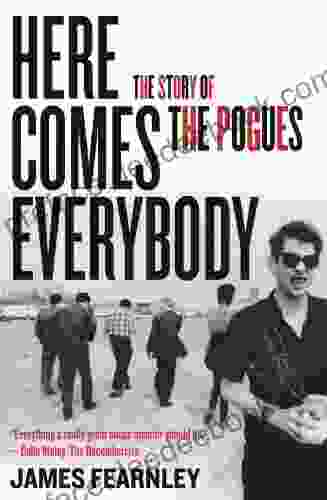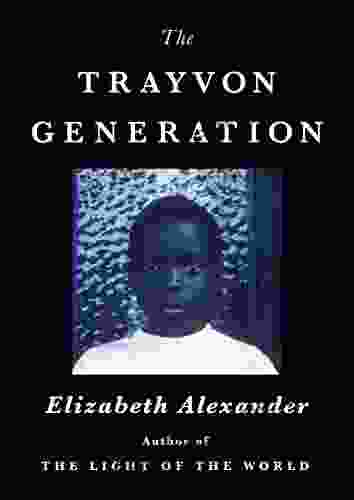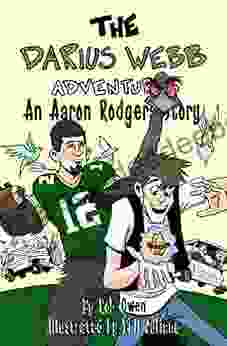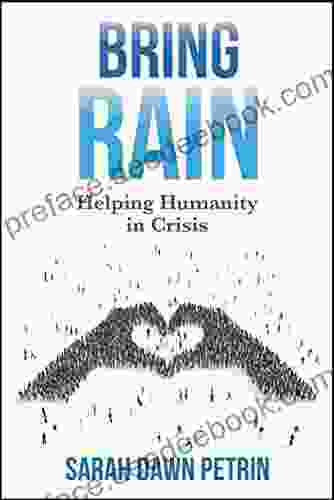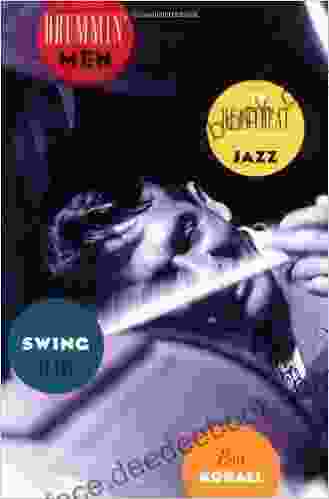The Genesis of a Celtic Punk Revolution
In the heart of London's vibrant punk scene in the early 1980s, an unlikely musical fusion was about to emerge. Shane MacGowan, a charismatic Irish singer with a penchant for traditional Irish pub songs, crossed paths with a group of punk enthusiasts, including guitarist James Fearnley and bassist Andrew Ranken. This eclectic ensemble would later become known as The Pogues, the pioneers of Celtic punk.
The Pogues' unique sound seamlessly blended the raw energy of punk rock with the traditional melodies and lyrical themes of Irish folk music. Their music resonated deeply with audiences who longed for a fresh and rebellious take on both genres, creating a devoted following that transcended traditional cultural boundaries.
The Troubled Soul of Shane MacGowan
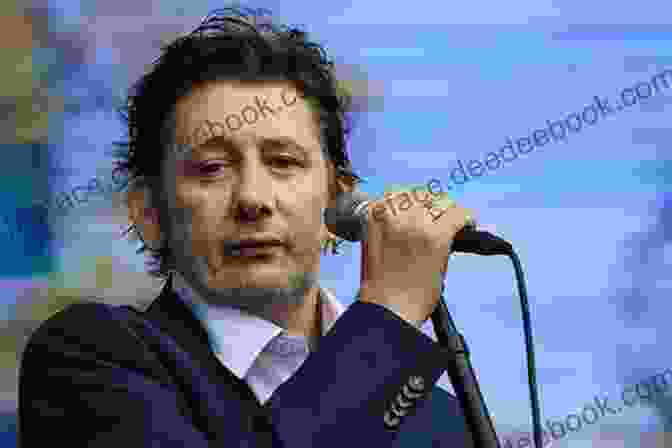
At the heart of The Pogues' tumultuous journey was their enigmatic frontman, Shane MacGowan. His raw and passionate vocals, coupled with his poignant and often self-destructive lyrics, became synonymous with the band's identity. However, MacGowan's personal demons, including alcoholism and drug addiction, would cast a long shadow over The Pogues' career.
Despite his struggles, MacGowan's songwriting prowess remained unparalleled. His lyrics were often infused with a bittersweet mix of humor, heartbreak, and a deep connection to his Irish heritage. Songs like "A Pair of Brown Eyes," "The Irish Rover," and "Sally MacLennane" became instant classics, resonating with audiences on both sides of the Atlantic.
The Alchemy of Celtic Punk
The Pogues' music was a mesmerizing blend of traditional Irish melodies and punk's raw aggression. The band's arrangements often incorporated traditional instruments like the tin whistle, accordion, and bodhrán, creating a lively and intoxicating fusion.
Beyond their musical innovation, The Pogues also brought a sense of cultural pride and rebellion to the punk scene. Their lyrics celebrated Irish culture and history, while also challenging social and political norms. Songs like "The Fairytale of New York" became anthems for Irish immigrants and the disenfranchised, resonating with audiences who felt a connection to the band's outsider status.
The Rise to Infamy and the Inevitable Decline
The Pogues' unique sound quickly gained traction, and the band soon found themselves at the forefront of the burgeoning Celtic punk movement. By the mid-1980s, they had released a string of critically acclaimed albums, including "Rum, Sodomy & the Lash" and "If I Should Fall from Grace with God." Their live performances were legendary, fueled by MacGowan's charismatic stage presence and the band's infectious energy.
However, the band's success came at a price. MacGowan's personal struggles increasingly took a toll on the band's dynamic, leading to tensions and a revolving door of lineup changes. By the end of the 1980s, the original lineup had largely disbanded, and the band limped on with MacGowan as its sole remaining founding member.
The Legacy of the Celtic Punk Pioneers
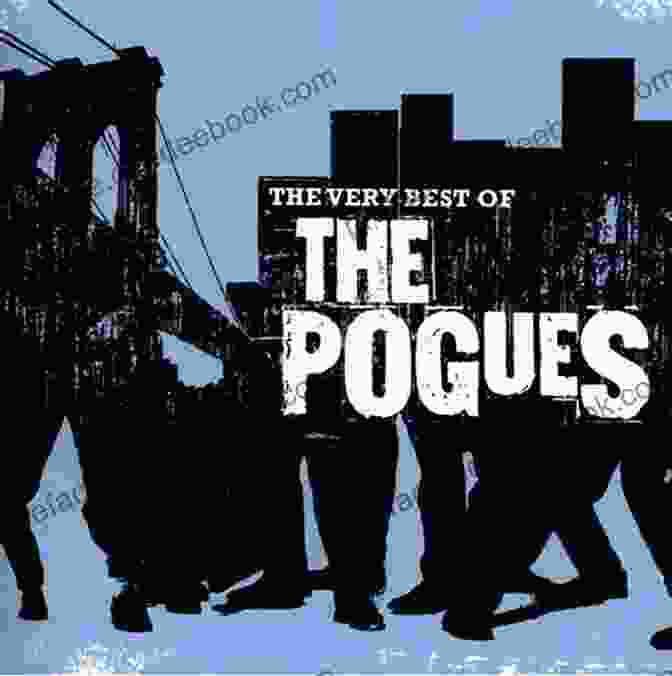
Despite their tumultuous history, The Pogues' influence on the music world remains undeniable. They paved the way for a new generation of musicians to explore the fusion of punk and folk, inspiring countless bands worldwide.
The enduring popularity of The Pogues' music is a testament to the power of their storytelling and the authenticity of their performance. Their songs continue to be celebrated and enjoyed by fans of all ages, ensuring the legacy of the Celtic punk pioneers for generations to come.
The story of The Pogues is a complex and bittersweet tale of musical brilliance, personal struggles, and cultural impact. Their unique blend of Celtic punk created a musical revolution, resonating with audiences who embraced the band's rebellious spirit and celebrated their Irish heritage.
Although their time together was often turbulent, The Pogues' music transcended the boundaries of genre and time. Their legacy continues to inspire musicians and fans alike, ensuring that the Celtic punk pioneers will be forever remembered as the band who brought the spirit of Ireland to the punk rock world.



